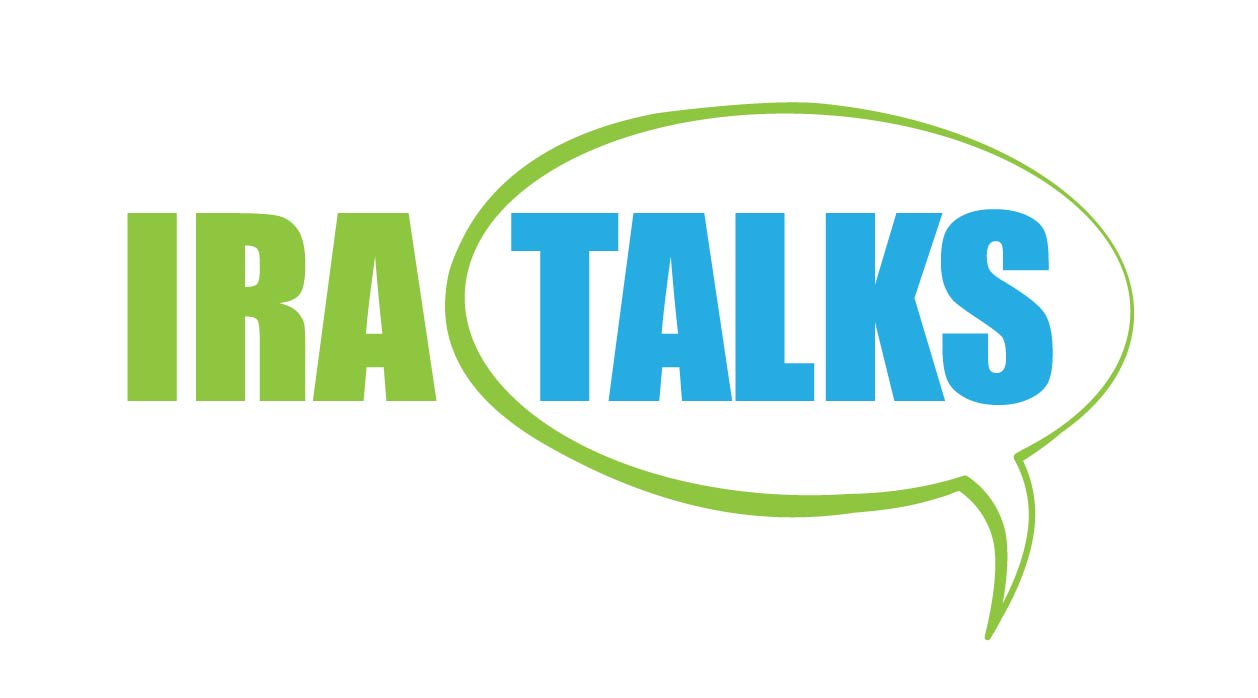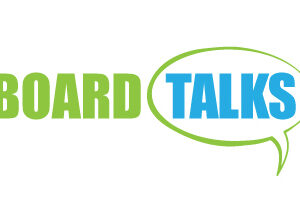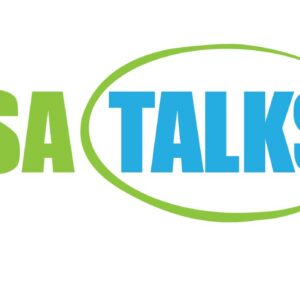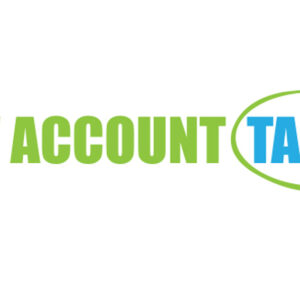IRA Talks
Original price was: $999.00.$500.00Current price is: $500.00.
Produced and Written by: Gettechnical Inc.
IRA Accounts Talks is a series of conversations about IRAs topics for the deposit area. This series purpose is to create unique short educational programs for both professional development and increasing technical expertise of our frontline staff. It is a more casual approach to learning fundamentals about IRA products, movements, distributions, compliance, and other important topics. Designed for weekly or monthly meetings, orientation or ongoing development of your IRA Coordinators and branch staff, these Talks are a new approach which will complement and enhance your already developed IRA training programs. These videos are also good basic training for officers and managers.
Included:
20 downloadable videos under 15 minutes
Each with a quiz
IRA Handbook
Certificate of Completion
Sign In Sheet
Target Audience:
IRA Coordinators, New Accounts, Personal Bankers, Financial Service Representatives, Loan Assistants, Tellers, Branch Managers and Compliance
Topics:
- Traditional IRA
The Traditional IRA program covers purpose, eligibility, IRS reporting and other compliance aspects of the oldest IRA. It answers the questions of what is an IRA, who can have the IRA and why account holders might want this IRA type.
- Roth IRA
The Roth IRA program covers purpose, eligibility and IRS reporting and other compliance aspects of the 1998 Roth IRA named after Senator Roth. It will answer the questions of what is a Roth IRA? Who can have it and why the account holders might want this newer version of an IRA.
- SEP IRA
The SEP IRA is a type of IRA for businesses to fund their employees’ retirement into an Individual Retirement Accounts. It’s easy to do paperwork and huge numbers make it attractive for small business owners. This program answers the questions of who would want one of these plans, how the financial institution interacts with both the employer and employee and how to report this plan to the IRS.
- SIMPLE IRA
Sometimes called a ‘”baby 401k” This is a salary deferral type of plan for a small business funded through IRAs. It’s easy and this program answers the eligibility, how-to set up and how to report these IRAs to the IRS. You will learn how to sell this IRA to small businesses.
- Rollovers
A rollover is one of two ways to move an IRA. This session focuses on the mechanism, the reporting and the paperwork involved in this movement. Learn the basic rules for IRA to IRA rollovers.
- Transfers
A transfer, the second way to move an IRA is an easy alternative to the rollover. During this video, learn how handle transfers for account holders. The movement, the rules and the paperwork are all included in this training program.
- QRP-to-IRA Rollovers
A qualified retirement plan to IRA rollover is how our account holders move us their retirement plans when he or she separates from service. During this session you will learn about direct and indirect rollovers. You will learn the rules, mechanics, and IRS reporting on these products.
- Conversions & Recharacterizations
Two special movements of IRAs for two different purposes. The conversion is where our account holders change from a Traditional to a Roth. And the recharacterization is for correcting current year errors if the account holder put their funds in the wrong type of IRA. Learn the rules, the mechanics and IRS reporting during this informative session.
- Premature Distributions
If the account holder takes the funds out of his or her IRA Account before it’s the right age, he or she can be subject to IRS penalties. Good news though, there are many exceptions to the penalty. Learn about IRS penalties and all of the exceptions in this informative program.
- Required Minimum Distributions (RMDs)
Many types of IRAs have required minimum distributions at 73 and in the future at 75. These distributions are calculated and distributed every year from the financial institution to the account holder. Learn the mechanics of these distributions, the penalties, the rules for handling RMDs from accounts.
- Inherited IRAs—Spouse
Many IRA beneficiaries are the spouses of the account holder. Once the account holder passes away, there are several options available for the spouse depending on the type of IRA and the spouse’s age. Learn what a spouse can and can’t do after death during this session.
- Inherited IRAs–Non Spouse
During this session we will focus on the non-spouses options for inheriting and distributing an IRA. You will learn what is a designated and an eligible designated beneficiary and information on the 10 year rule.
- IRS Reporting 1099R & 5498
Financial institutions report all contributions and distributions to the IRS. This session will go over the basics of information reporting on IRAs. Learn how to connect the paperwork, the reporting, and the system.
- IRA Withholding
With IRAs the account holder may choose to be responsible for his or her own taxes. Otherwise, we withhold and report the taxes to the IRS. Learn how to handle distributions that are taxable and what the financial institution’s responsibilities are on this issue.
- Excess Distributions
Learn what causes and excess and how to correct that excess in an IRA. You will learn the mechanics of correcting excesses and the tax repercussions for the account holder.
- Forms to Open & Close an IRA
IRAs are highly documented accounts both at opening and closing. Learn to manage the paperwork of these accounts so that your institution is in compliance and your account holder’s IRS reporting comes out correctly.
- 10 Common Errors on IRAs
Learn about the 10 common errors that financial institutions and their employees make on IRAs. You will learn how to keep these common errors out of your practices.
- IRA Summary
During this program we will do a quick recap of the IRA journey. This is a summary of what we have learned and will help bring together all the parts.
- Coverdell Education Savings Account (CESA)
Once called the Education IRA, this product is similar in its custodial format to the IRA. It is now a differently named product and accurately so since it is not for retirement but for education. Learn eligibility, mechanics, paperwork and reporting in this session.
- Health Savings Accounts (HSA)
During the HSA session, we will learn everything about the Health Savings Account. You will learn about eligibility, mechanics, paperwork and reporting on this tax deductible, tax deferred product for high deductible health plans.





